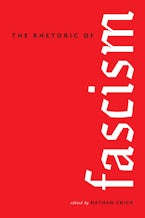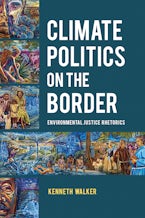
Scalia v. Scalia
Opportunistic Textualism in Constitutional Interpretation
Series: Rhetoric, Law, and the Humanities
176 Pages, 6.00 x 9.00 x 0.90 in
- Hardcover
- 9780817319700
- Published: January 2018
$44.95
- eBook
- 9780817391607
- Published: January 2018
$44.95










